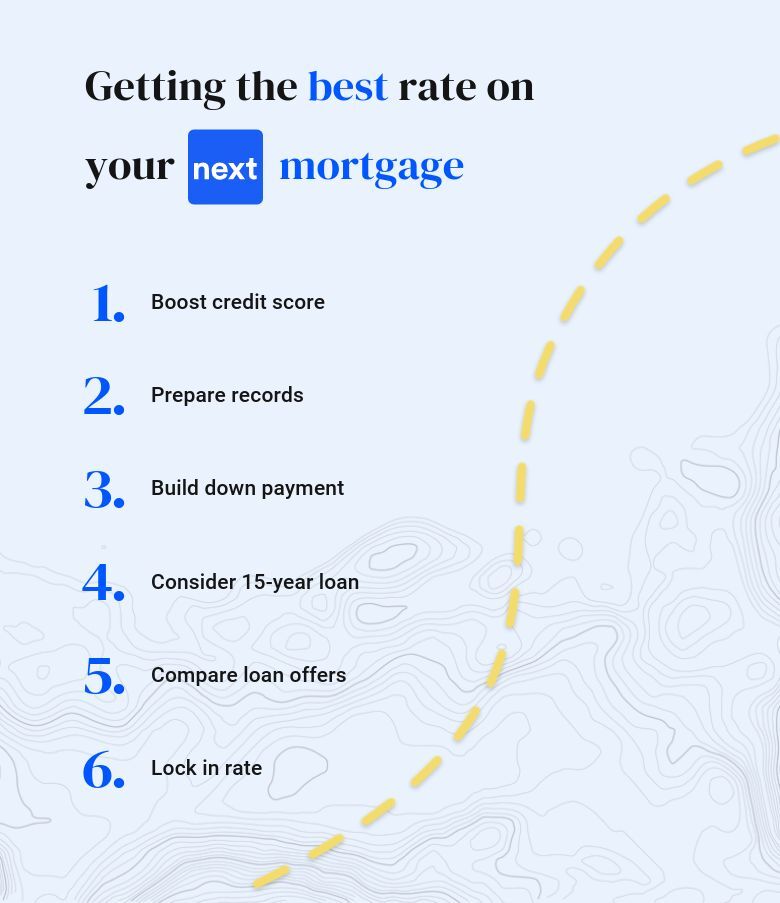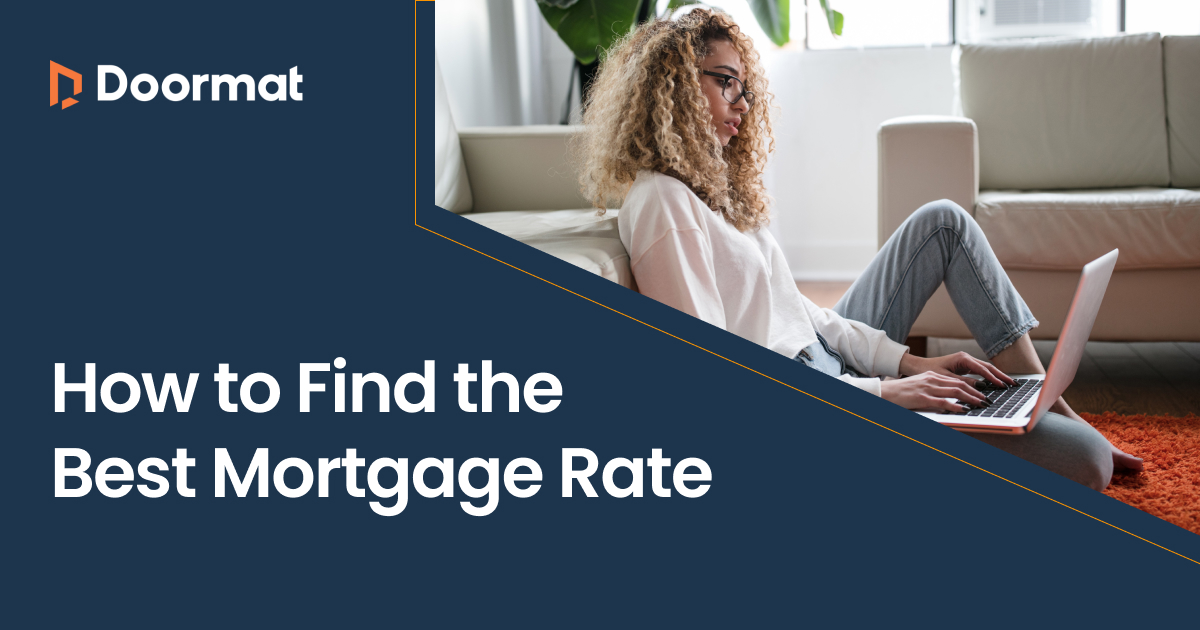How Do I Find The Best Mortgage Rate

The dream of homeownership, for many, hinges on one crucial element: the mortgage. Securing the best possible mortgage rate can save tens of thousands of dollars over the life of the loan, making the difference between a comfortable financial future and a constant struggle.
Navigating the complex world of mortgages, however, can feel overwhelming. With a myriad of lenders, loan types, and fluctuating interest rates, how can prospective homebuyers ensure they're getting the most advantageous deal? This article provides a comprehensive guide to finding the best mortgage rate, equipping readers with the knowledge and strategies to make informed decisions.
Understanding the Factors That Influence Mortgage Rates
Mortgage rates aren't pulled out of thin air. They're determined by a confluence of economic factors, individual borrower qualifications, and lender policies.
Economic Indicators: The overall health of the economy plays a significant role. Factors like inflation, the Federal Reserve's monetary policy, and the yield on Treasury bonds all impact mortgage rates.
When the economy is strong and inflation is rising, mortgage rates tend to increase. Conversely, during economic downturns, rates often fall to stimulate borrowing.
Credit Score: Your credit score is a major determinant of the interest rate you'll receive. A higher credit score signifies lower risk to lenders, resulting in more favorable rates.
According to Experian, borrowers with credit scores above 740 typically qualify for the best mortgage rates.
Down Payment: The size of your down payment also affects your mortgage rate. A larger down payment reduces the loan-to-value (LTV) ratio, making you a less risky borrower.
Many lenders offer lower rates to borrowers who put down 20% or more of the home's purchase price.
Loan Type: Different types of mortgages come with varying interest rates. Fixed-rate mortgages, adjustable-rate mortgages (ARMs), and government-backed loans like FHA and VA loans all have unique characteristics and rate structures.
Lender Policies: Each lender has its own underwriting criteria and risk appetite, which can influence the rates they offer. It's crucial to shop around and compare rates from multiple lenders.
Steps to Finding the Best Mortgage Rate
Finding the best mortgage rate requires a proactive and strategic approach. Here's a step-by-step guide to help you navigate the process:
1. Check Your Credit Score
Before you start shopping for a mortgage, get a copy of your credit report from all three major credit bureaus: Equifax, Experian, and TransUnion.
Review your reports for any errors or inaccuracies and dispute them immediately. Improving your credit score, even by a few points, can significantly impact your mortgage rate.
2. Determine Your Budget
Don't just focus on the interest rate. Consider your overall budget and how much you can comfortably afford each month, including principal, interest, taxes, and insurance (PITI).
Use online mortgage calculators to estimate your monthly payments at different interest rates and loan amounts. Remember to factor in other expenses like property taxes, homeowners insurance, and potential HOA fees.
3. Shop Around and Compare Rates
This is arguably the most important step. Don't settle for the first rate you're offered. Get quotes from multiple lenders, including banks, credit unions, and online mortgage companies.
Freddie Mac recommends comparing at least three different loan offers to ensure you're getting the best deal.
Pay attention to not only the interest rate but also the loan fees and closing costs. Ask lenders for a Loan Estimate, which provides a standardized breakdown of all the costs associated with the mortgage.
4. Consider Different Loan Types
Explore different mortgage options to find the one that best suits your needs and financial situation. Fixed-rate mortgages offer stability, while ARMs may offer lower initial rates but can fluctuate over time.
FHA loans are often a good option for first-time homebuyers with lower credit scores or smaller down payments. VA loans are available to eligible veterans and offer favorable terms.
5. Negotiate
Don't be afraid to negotiate with lenders. If you receive a lower rate from one lender, use it as leverage to see if another lender can match or beat it.
Lenders are often willing to negotiate, especially if you're a strong borrower with a good credit score and a solid financial profile.
The Role of a Mortgage Broker
A mortgage broker can be a valuable asset in your search for the best mortgage rate. Brokers work with multiple lenders and can help you find the best rates and terms for your specific situation.
They can also guide you through the loan application process and answer any questions you may have. Keep in mind that mortgage brokers typically charge a fee for their services, so be sure to understand their fee structure upfront.
Looking Ahead
The mortgage landscape is constantly evolving. Interest rates fluctuate in response to economic conditions, and new loan products are regularly introduced. Staying informed about market trends and seeking professional advice can help you make the best decisions for your financial future.
As you embark on your homeownership journey, remember that finding the best mortgage rate is a marathon, not a sprint. Take your time, do your research, and don't be afraid to ask for help.
By following these steps, you can increase your chances of securing a mortgage that aligns with your financial goals and sets you up for long-term success.


















